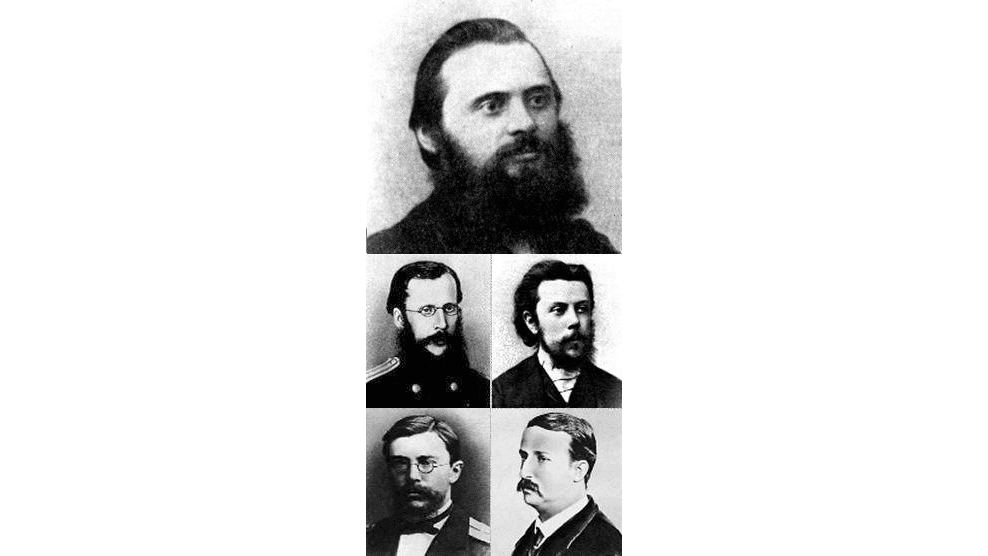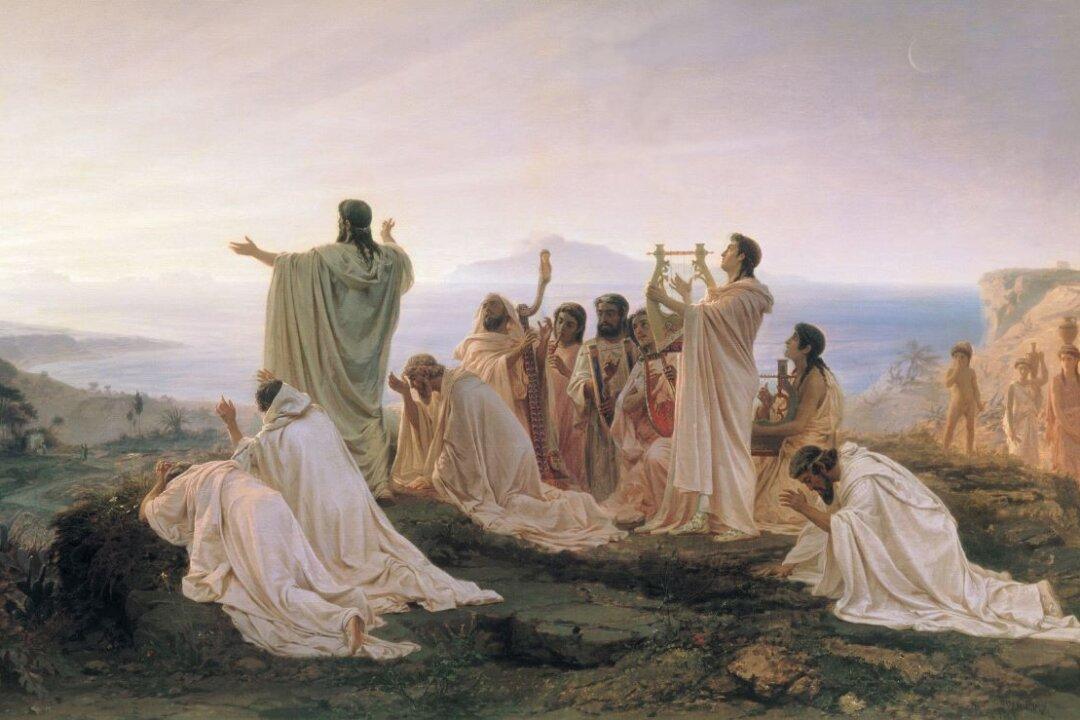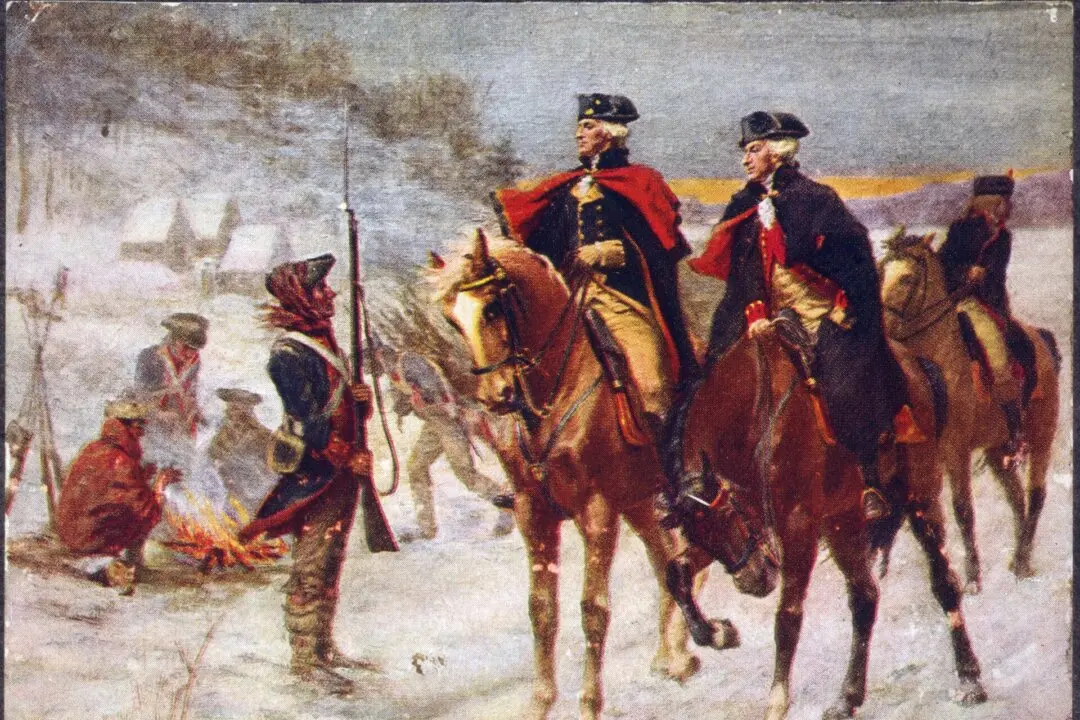Audiences are not drawn to Shakespeare’s characters for their “Englishness,” or Raphael’s paintings for their Italian characteristics, or Beethoven’s music for its native German qualities. Artists are great because of the way they capture the universal dimensions of being human.
Russian artists, however, are often seen otherwise. It is impossible to read Dostoevsky or Tolstoy without being struck by a distinctive foreign quality, though these authors are as universal as anyone. Alexander Pushkin, the fountainhead of Russian literature, perhaps outlined this quality best in his verse novel “Eugene Onegin,” here translated by James Falen:
We still, alas, cannot forestall it— This dreadful ailment’s heavy toll; The ‘spleen’ is what the English call it, We call it simply ‘Russian soul.’
To this day, Russian schoolchildren memorize Pushkin’s verse. That’s a stark contrast to most Westerners, who have not read him (and are not memorizing any verses, either). As far as teasing out exactly what Pushkin meant by “Russian soul,” the title character in the 1987 film “Withnail and I" put it memorably when he dismissed Russian dramas as “full of women staring out of windows, whining about ducks going to Moscow.”




